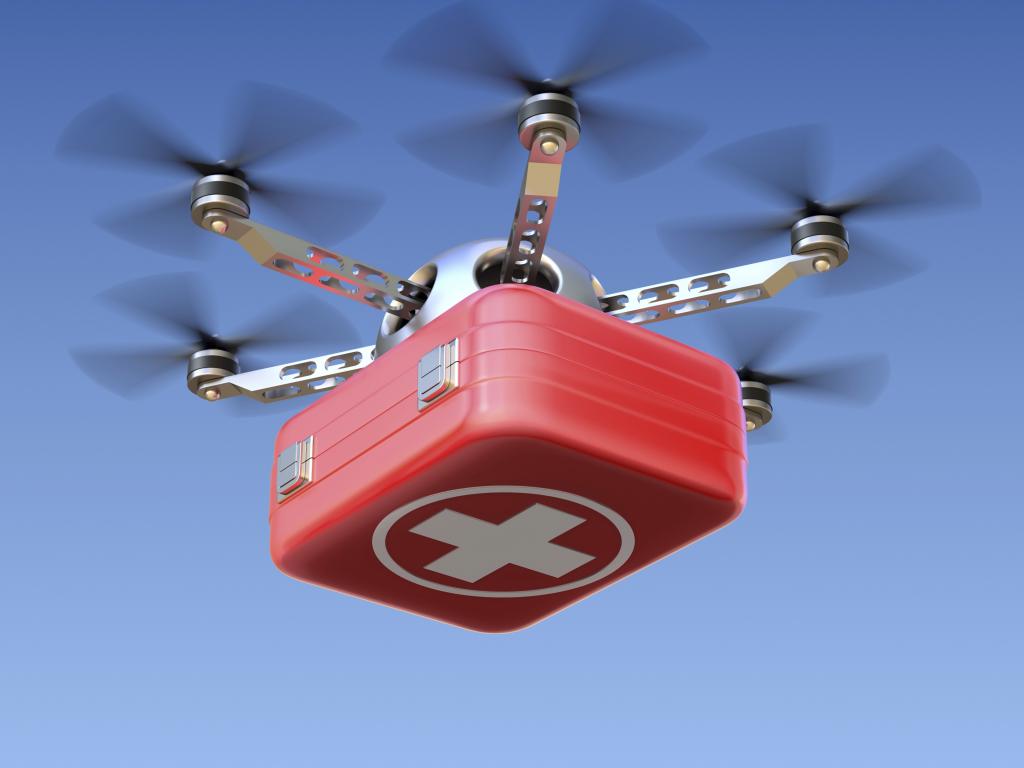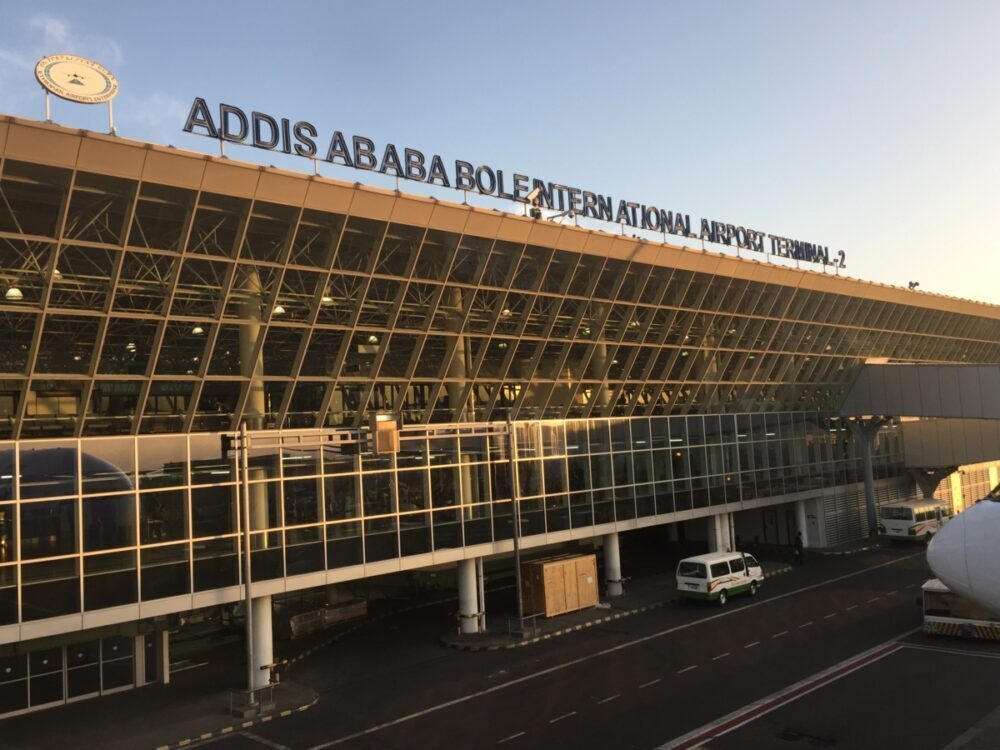 The Minority in Parliament says government is spending a $27million in four years on the Ghana Drone Delivery Project for the distribution of medical supplies to remote areas of the country by drones.
The Minority in Parliament says government is spending a $27million in four years on the Ghana Drone Delivery Project for the distribution of medical supplies to remote areas of the country by drones.
The amount contradicts the $12million figure the government quoted.
“We think the people of Ghana are not getting the right value for money,” the Minority Spokesperson on Finance Casiel Ato Forson told Starr News. “We are spending $27million in four years for the drones.”
Maintaining that the Project which will be run by the Ghana Health Service (GHS), the Health Ministry in partnership with Zipline Ghana Limited is a rip-off, Forson said: There’s something we call abnormal profit when the person gets abnormal returns. What we are seeing…we are seeing abnormal returns of about 600 percent increase.
“So, it is abnormal in the sense that they are cheating Ghana. There’s no way somebody will make profit of 600percent and you say it is normal. So clearly they are cheating us.”
He thus called on Vice President Dr. Mahamudu Bawumia to intervene and ensure that the agreement between government of Ghana and Zipline Ghana Limited is reviewed.
The Project
The drone delivery network, which will be run by the Ghana Health Service and the Ministry of Health, will give Ghana one of the most advanced health care supply chains on the planet.
The drones will operate 24 hours a day from 4 distribution centers across the country. The first distribution center will be located near Suhum. The sites for the remaining 3 will be finalized by GHS subsequently, but are expected to cover much of the country.
The distribution centers will stock 148 lifesaving and essential medical supplies including emergency blood and oxytocin to save women’s lives in childbirth postpartum haemorrhage which is the leading cause of maternal death, emergency medicines for surgeries, severe infections, antivenins and anti-rabies, diabetic emergencies, extremely high blood pressure emergencies.
When one of the of the 2,500 health facilities covered by the new service stocks out of a product, it will order an emergency delivery by a drone that will arrive in 30-40 minutes.
The drones will not replace the existing supply chain. They will specialize in handling emergency stock out situations. Ghana’s emergency medical drone delivery service will save tens of millions of Cedis by eliminating the need for expensive emergency trips to pick up the product, and by avoiding wasteful overstocking of product at health facilities.
This revolutionary healthcare service will help save lives, decrease waste in the system and increase healthcare access for more than 14 million people nationwide.
The drones and delivery service are built and operated by Zipline, a California-based automated logistics company, which helped launched the world’s first national drone delivery service in Rwanda in October of 2016.
The medical drone delivery service has been so successful at decreasing waste, increasing access and saving lives that the government of Rwanda recently asked Zipline to quadruple the size of its operation there.























































